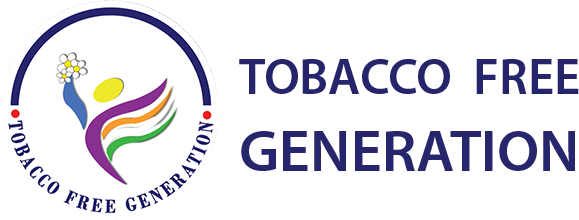FCTC Guideline:
Guidelines for implementation of Article 5.3 of the WHO Framework Convention on Tobacco Control on the protection of public health policies with respect to tobacco control from commercial and other vested interests of the tobacco industry. Use of the guidelines for implementation of Article 5.3 of the Convention will have an overarching impact on countries tobacco control policies and on implementation of the Convention, because the guidelines recognize that tobacco industry interference, including that from the State-owned tobacco industry, cuts across a number of tobacco control policy areas, as stated in the Preamble of the Convention, articles referring to specific tobacco control policies and the Rules of Procedure of the Conference of the Parties to the WHO Framework Convention on Tobacco Control.. The purpose of these guidelines is to ensure that efforts to protect tobacco control from commercial and other vested interests of the tobacco industry are comprehensive and effective.
GUIDING PRINCIPLES:
Principle 1: There is a fundamental and irreconcilable conflict between the tobacco industry’s interests and public health policy interests.
Principle 2: Parties, when dealing with the tobacco industry or those working to further its interests, should be accountable and transparent.
Principle 3: Parties should require the tobacco industry and those working to further its interests to operate and act in a manner that is accountable and transparent.
Principle 4: Because their products are lethal, the tobacco industry should not be granted incentives to establish or run their businesses.
RECOMMENDATIONS:
(1)Raise awareness about the addictive and harmful nature of tobacco products and about tobacco industry interference with Parties’ tobacco control policies.
(2) Establish measures to limit interactions with the tobacco industry and ensure the transparency of those interactions that occur.
(3) Reject partnerships and non-binding or non-enforceable agreements with the
tobacco industry.
(4) Avoid conflicts of interest for government officials and employees.
(5) Require that information provided by the tobacco industry be transparent and
accurate.
(6) Denormalize and, to the extent possible, regulate activities described as “socially
responsible” by the tobacco industry, including but not limited to activities described as “corporate social responsibility”.
(7) Do not give preferential treatment to the tobacco industry.
(8) Treat State-owned tobacco industry in the same way as any other tobacco industry.




